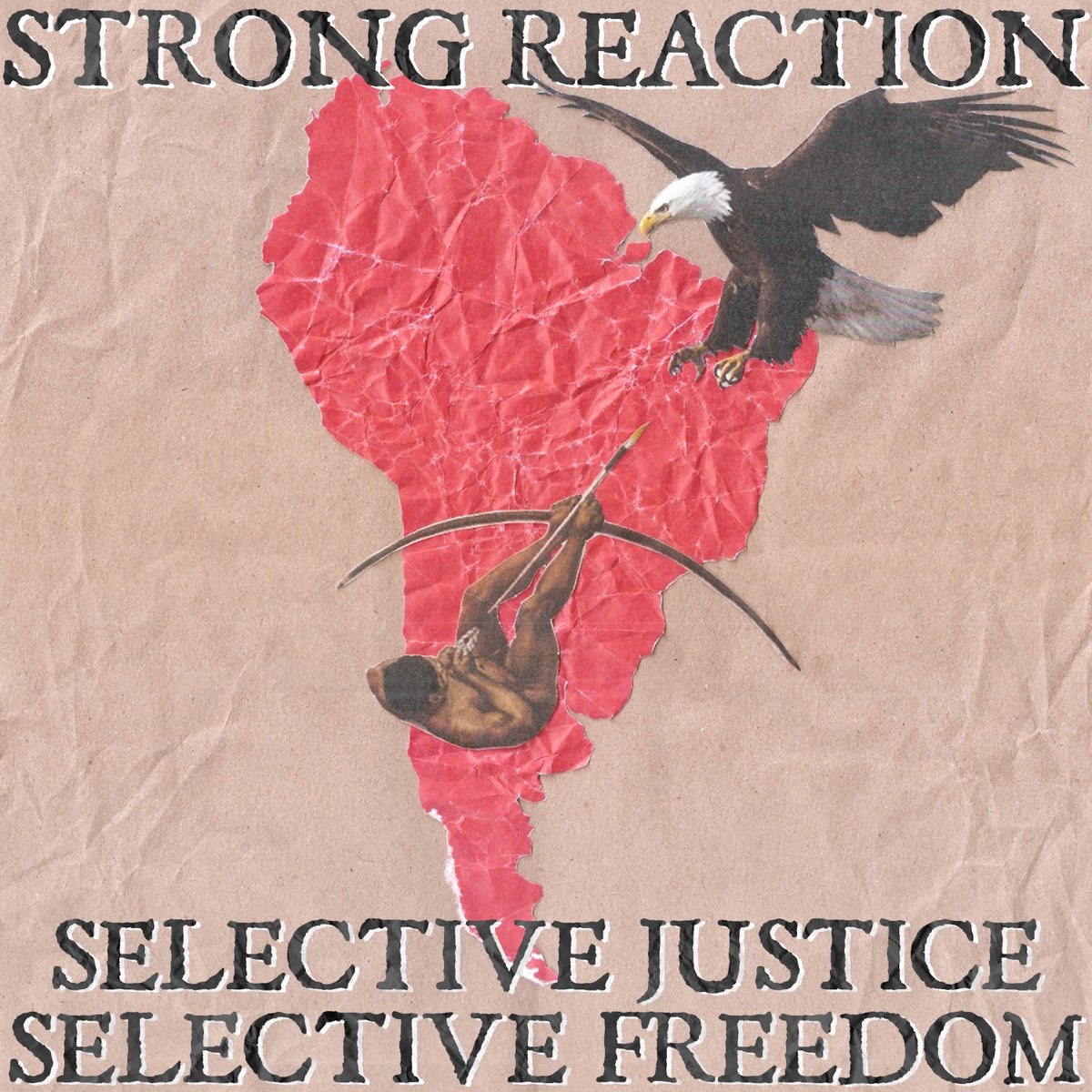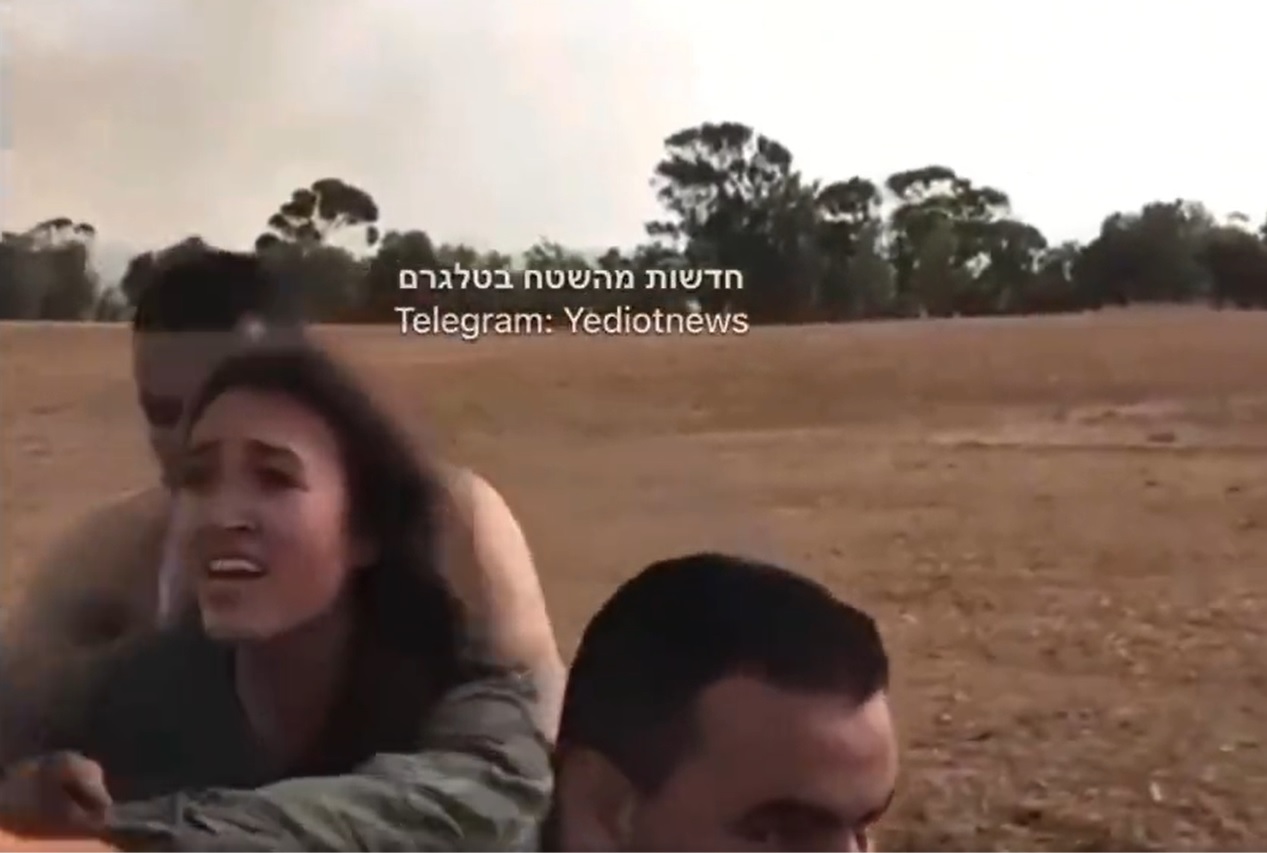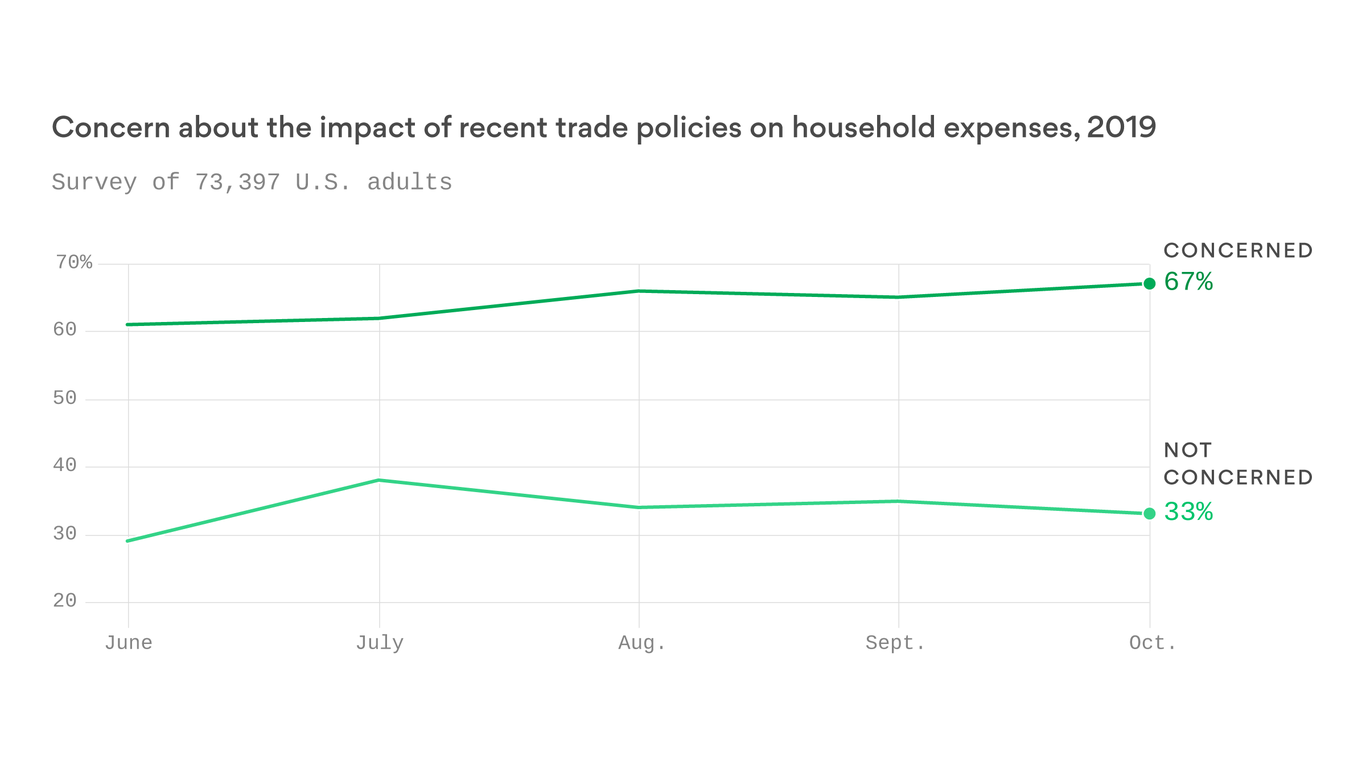Britain And Australia: Selective Justice In Myanmar's Political Crisis

Table of Contents
The Nature of Selective Justice in Myanmar's Post-Coup Landscape
Selective justice, in the context of Myanmar's post-coup landscape, refers to the discriminatory application of the law, where certain groups are targeted for prosecution and persecution while others, often those in power, are shielded from accountability. This system is deliberately employed to suppress dissent, maintain the military junta's grip on power, and further marginalize already vulnerable communities. The Rohingya, other ethnic minorities, and political opponents of the regime face disproportionate levels of violence, arbitrary arrests, and unfair trials. This systematic targeting undermines the rule of law, fuels instability, and jeopardizes any prospect of long-term peace and reconciliation.
- Specific instances of political prisoners facing unfair trials: Numerous reports document the lack of due process, forced confessions, and denial of legal representation for political prisoners, including elected officials and pro-democracy activists.
- Discrimination in the application of the law based on ethnicity or political affiliation: The Rohingya population, in particular, continues to face horrific persecution, with widespread reports of extrajudicial killings, sexual violence, and forced displacement. Similar patterns of discrimination are observed against other ethnic minority groups.
- Lack of accountability for human rights abuses by the military junta: The military's impunity for its actions is a critical factor enabling the ongoing crisis. International investigations are hampered by lack of access and cooperation from the junta.
Britain's Approach: Sanctions, Diplomatic Pressure, and Support for Accountability Mechanisms
Britain has responded to the crisis in Myanmar through a multi-pronged strategy encompassing sanctions, diplomatic pressure, and support for international accountability mechanisms. The UK has imposed targeted sanctions against senior military leaders, their associates, and entities linked to the junta, freezing assets and imposing travel bans. These sanctions aim to financially cripple the regime and pressure them to cease human rights abuses. Diplomatically, Britain has actively engaged with international partners, advocating for a unified response and pushing for the restoration of democracy in Myanmar. Moreover, Britain has provided support for international investigations and efforts to document human rights violations, aiming to facilitate future accountability for perpetrators.
- Specific sanctions imposed: These include asset freezes, travel bans, and restrictions on trade in specific goods and services.
- Details of diplomatic initiatives undertaken: Britain has actively participated in UN Security Council discussions, and engaged in bilateral diplomacy with regional and international actors.
- Level of support for international courts or tribunals: Britain has voiced strong support for the establishment of international mechanisms to investigate and prosecute crimes against humanity committed in Myanmar.
Australia's Response: Balancing Economic Interests with Human Rights Concerns
Australia’s response to the crisis in Myanmar has been characterized by a more cautious approach, reflecting a perceived need to balance its economic interests with its human rights concerns. While Australia has imposed some sanctions, they have been less comprehensive than those implemented by Britain. This more measured response has attracted criticism from human rights organizations who argue that Australia’s economic ties with Myanmar have hampered its ability to take stronger action against the junta. The perceived prioritization of economic relations over human rights has drawn significant criticism, creating a contrast with the more assertive stance taken by Britain.
- Examples of economic ties between Australia and Myanmar: These include trade in minerals and agricultural products.
- Specific actions taken by Australia in response to the crisis: Australia has imposed targeted sanctions, provided humanitarian aid, and expressed strong condemnation of the junta's actions.
- Critique of Australia's approach from human rights organizations: Organizations have criticized Australia's perceived reluctance to impose stronger sanctions and take more decisive action to address the human rights violations.
The International Community's Role and Limitations: A Comparative Analysis of Responses
Comparing Britain and Australia's responses with those of other key international actors, such as the US, EU, and UN, reveals a spectrum of approaches ranging from strong sanctions regimes to more limited engagement. The US and EU, for example, have implemented comprehensive sanctions packages against the Myanmar military. The UN has struggled to achieve a unified response due to divisions within the Security Council, particularly concerning the use of Chapter VII powers to authorize stronger actions. The international community faces significant challenges, including the junta's defiance of international pressure, the complexity of the conflict, and the difficulty of coordinating effective strategies among diverse actors. The limitations of international pressure and sanctions are evident in the ongoing human rights abuses, emphasizing the need for a more comprehensive and coordinated global response.
- Comparison of different countries' sanctions regimes: The scope and intensity of sanctions vary significantly between different nations, reflecting differing priorities and political considerations.
- Analysis of the effectiveness of diplomatic initiatives: Diplomatic efforts have achieved limited success, largely due to the junta's intransigence and the lack of a unified international approach.
- Challenges in coordinating international responses: Differing national interests, political considerations, and the lack of a strong international enforcement mechanism hinder effective coordination.
Conclusion: The Urgent Need for Coordinated Action Against Selective Justice in Myanmar
This analysis reveals significant differences in the approaches taken by Britain and Australia in addressing the issue of selective justice in Myanmar. While Britain has adopted a more assertive strategy through comprehensive sanctions and diplomatic pressure, Australia's response has been comparatively more restrained, reflecting a perceived tension between economic interests and human rights concerns. The ongoing human rights crisis in Myanmar demands a stronger, more unified, and coordinated international response. The selective justice employed by the military junta cannot be tolerated. The international community must exert sustained pressure to hold perpetrators accountable for their crimes and support victims of human rights abuses.
We urge readers to actively advocate for stronger measures to combat selective justice in Myanmar. Contact your representatives, support relevant NGOs working on the issue, and sign petitions calling for greater accountability. The crisis in Myanmar requires sustained international pressure to end the violence, restore democracy, and establish genuine justice. Learn more about the situation and take action – your voice matters in the fight against selective justice and for Myanmar human rights.

Featured Posts
-
 Liverpool Set For Transfer Battle With Chelsea Over Lookman
May 13, 2025
Liverpool Set For Transfer Battle With Chelsea Over Lookman
May 13, 2025 -
 Atalanta Vs Bologna Minuto A Minuto Serie A Fecha 32 En Tn
May 13, 2025
Atalanta Vs Bologna Minuto A Minuto Serie A Fecha 32 En Tn
May 13, 2025 -
 Tariff Turbulence How Trumps Trade War Reshaped The Tech Industry
May 13, 2025
Tariff Turbulence How Trumps Trade War Reshaped The Tech Industry
May 13, 2025 -
 Gaza Hostage Situation The Unending Ordeal For Families
May 13, 2025
Gaza Hostage Situation The Unending Ordeal For Families
May 13, 2025 -
 Analyzing The Effects Of U S China Tariff Rollbacks On The American Economy
May 13, 2025
Analyzing The Effects Of U S China Tariff Rollbacks On The American Economy
May 13, 2025
